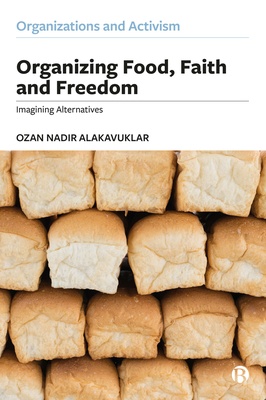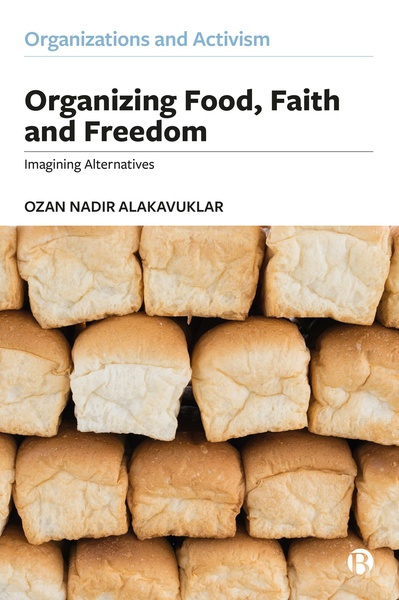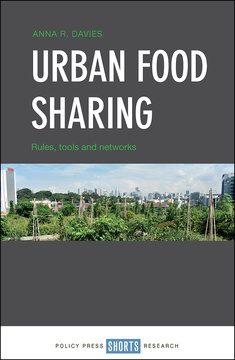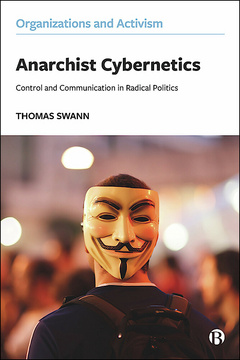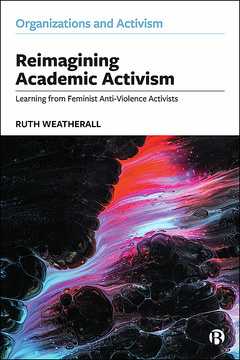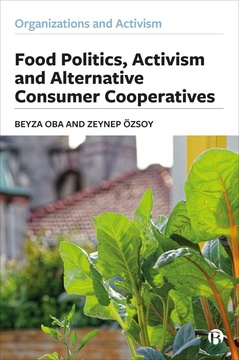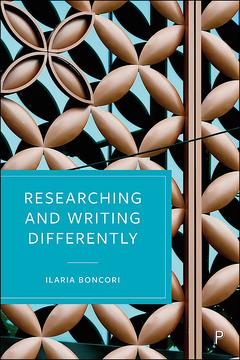ISBN
978-1529216240Dimensions
234 x 156 mmImprint
Bristol University PressISBN
978-1529216233Dimensions
234 x 156 mmImprint
Bristol University PressISBN
978-1529216257Imprint
Bristol University PressISBN
978-1529216257Imprint
Bristol University PressConsumerism, unsustainable growth, waste and inequalities continue to ail societies across the globe, but creative collectives have been tackling these issues at a grassroots level.
Based on an autoethnographic study about a free food store in Aotearoa New Zealand, this book presents a first-hand account of how a community is organized around surplus food to deal with food poverty, while also helping the reader to see through the complexity that brings the free food store to life.
Examining how alternative economies and relations emerge from these community solutions, the author shows it is possible to think, act and organize differently within and beyond capitalist dynamics.
“Is it possible to escape value as the dominant social form, shaping all social relations under capitalism? What would social relations then look like? Alakavuklar takes us into the free food store, where food is decommodified and its circulation organized through faith and community. He offers us a much-needed account of the power of alternatives: highly political, self-reflexive and hopeful.” Patrizia Zanoni, Hasselt University
“This remarkable book represents a generational shift in organizational scholarship. Alakavuklar examines newer ways of aligning research, teaching, activism and personal subjectivity in the pursuit of a more equitable world.” Raza Mir, William Paterson University
“Food is everywhere, yet there are hardly any engagements with this domain in organization and management studies. This book is a powerful critique of the way food is distributed in contemporary capitalism, offering a detailed case study of the free food store in New Zealand. A must-read for everyone who eats!” Steffen Böhm, University of Exeter
"I recommend this book to organization scholars interested in exploring social transformation strategies and the politicization of systemic issues such as food poverty, particularly through examining the complex interplay between alternative organizations and capitalist structures." Organization
Ozan Nadir Alakavuklar is Associate Professor of Organization Studies in the School of Governance at Utrecht University.
1. Introduction
2. In Search of Alternatives Across the Bridge
3. Genesis: How Would Jesus Redistribute Bread?
4. There's No Such Thing as a Free Lunch, But…
5. Take What You Need
6. Beyond the Free Food Store: Building Bridges
7. Still in Search of Alternatives: Do We Have an Answer Yet?







